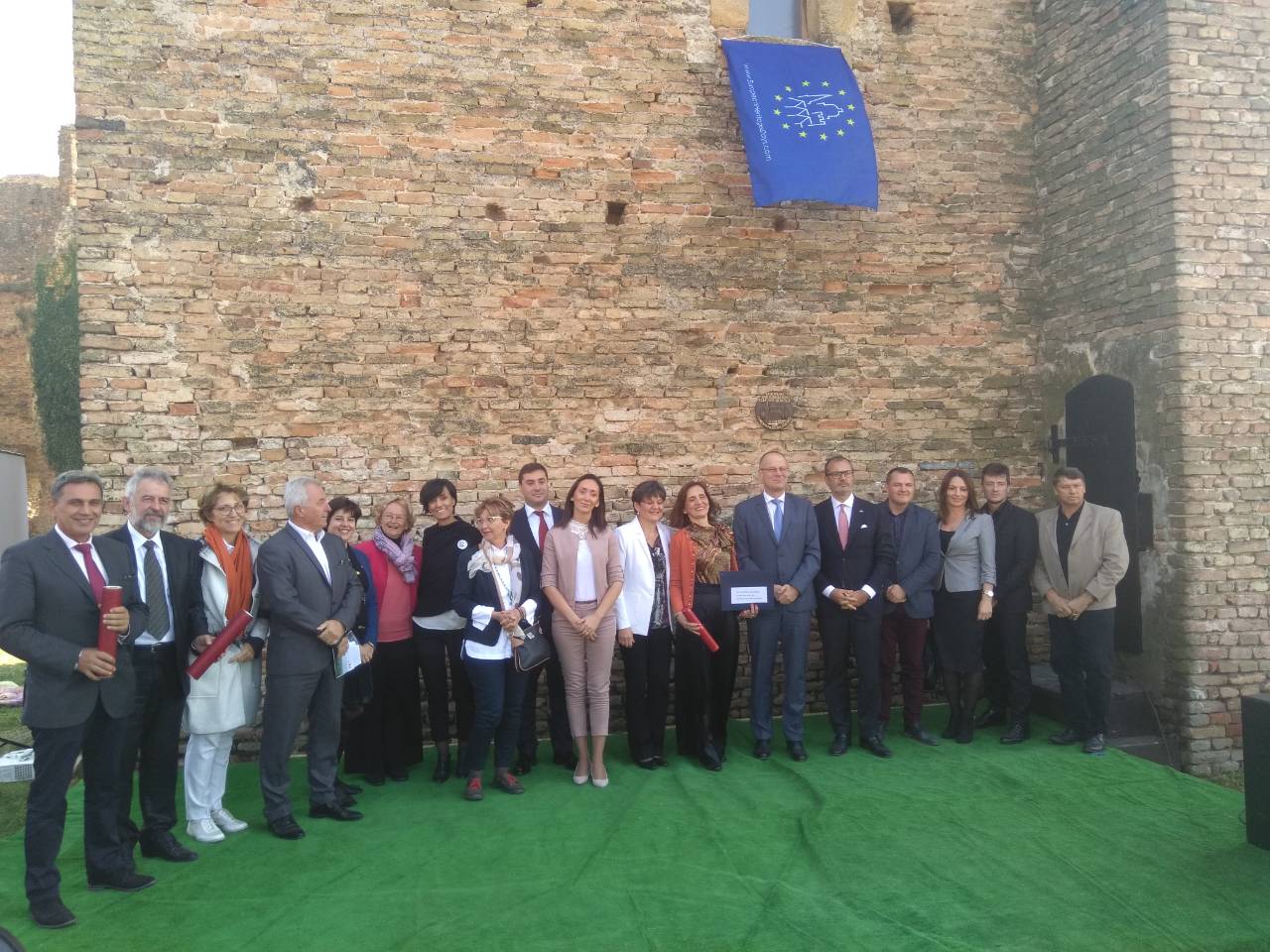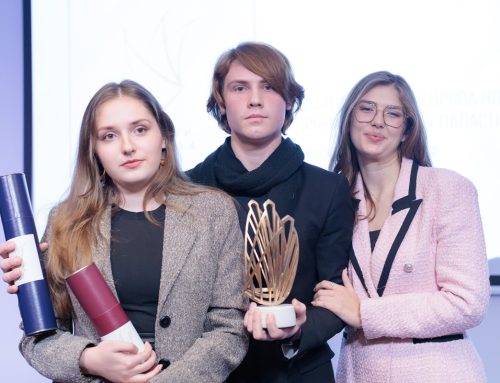Today, the Fortress of Bac hosted a national award ceremony for the project of Fortress rehabilitation which had won the EU Grand Prix for cultural heritage conservation – Europa Nostra Award, the most prestigious European award in the field.
One of the speakers at the ceremony was Tibor Navracsics European Commissioner for Education, Culture, Youth and Sports, who unveiled a bronze plaque on the Donjon Tower and said that the Fortress of Bac was the best preserved medieval fortification in Vojvodina and a prime example of cultural heritage conservation.
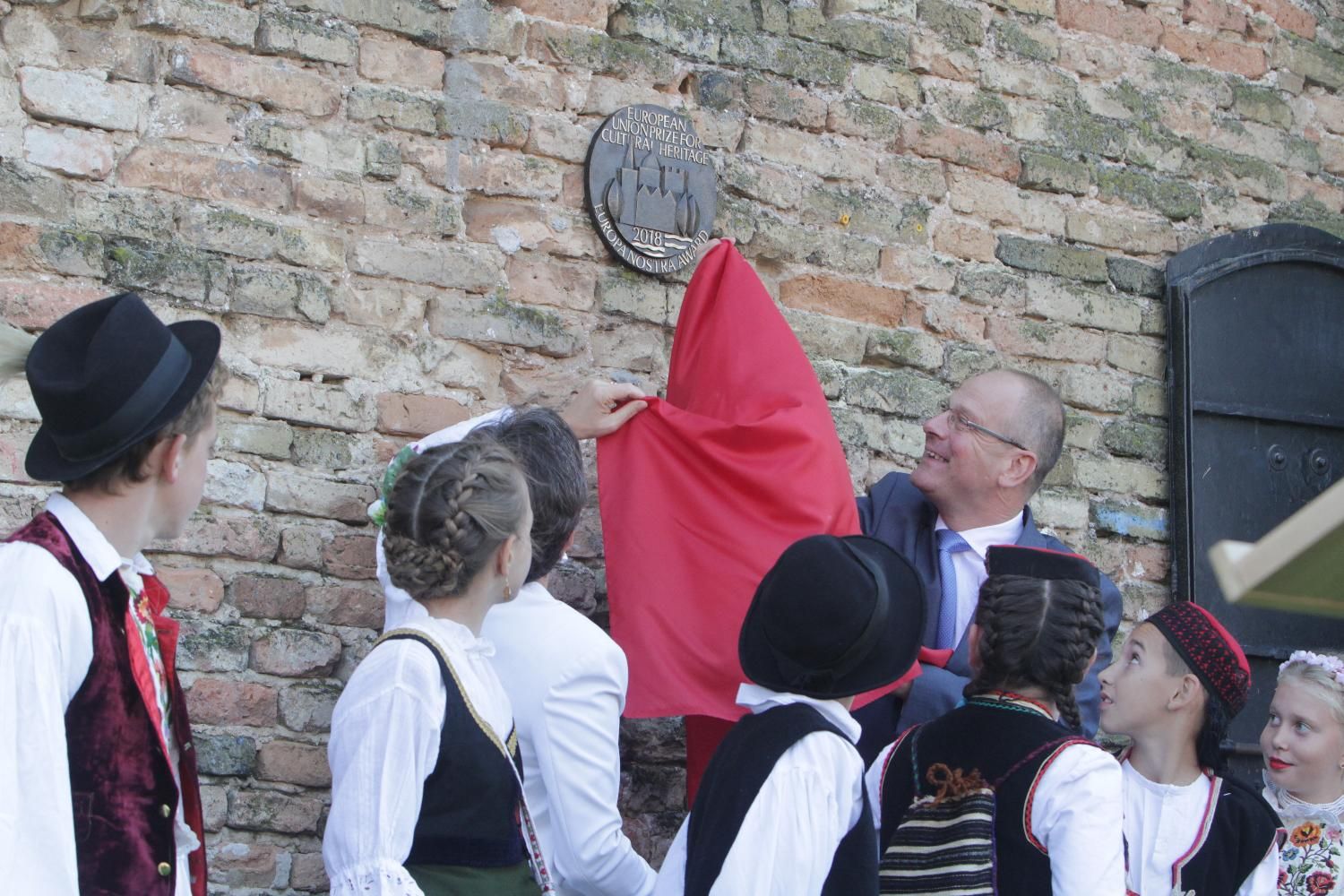
FoNet
“I am happy to be here today to celebrate the Award that went to a Serbian project – the Fortress of Bac. You went through a demanding selection process and competed with high quality submissions, so I congratulate you on your hard work and resolve which led you this well-deserved recognition. Thanks to you, this historic and cultural monument is now protected for future generations. I hope the Fortress will help younger generations learn about its past and become more aware of its present and the future,” Navracsics said.
He added that the conservation of the Fortress began in 2006 under a wider initiative “Centuries of Bac,” an initiative so successful that it became a model for an integrated and holistic approach to heritage conservation: creation of conditions for socio-economic development for the benefit of the wider community.
The Grand Prix was presented to the project at the official award ceremony in Berlin, on 22 June 2018, during the first ever European Cultural Heritage Summit.
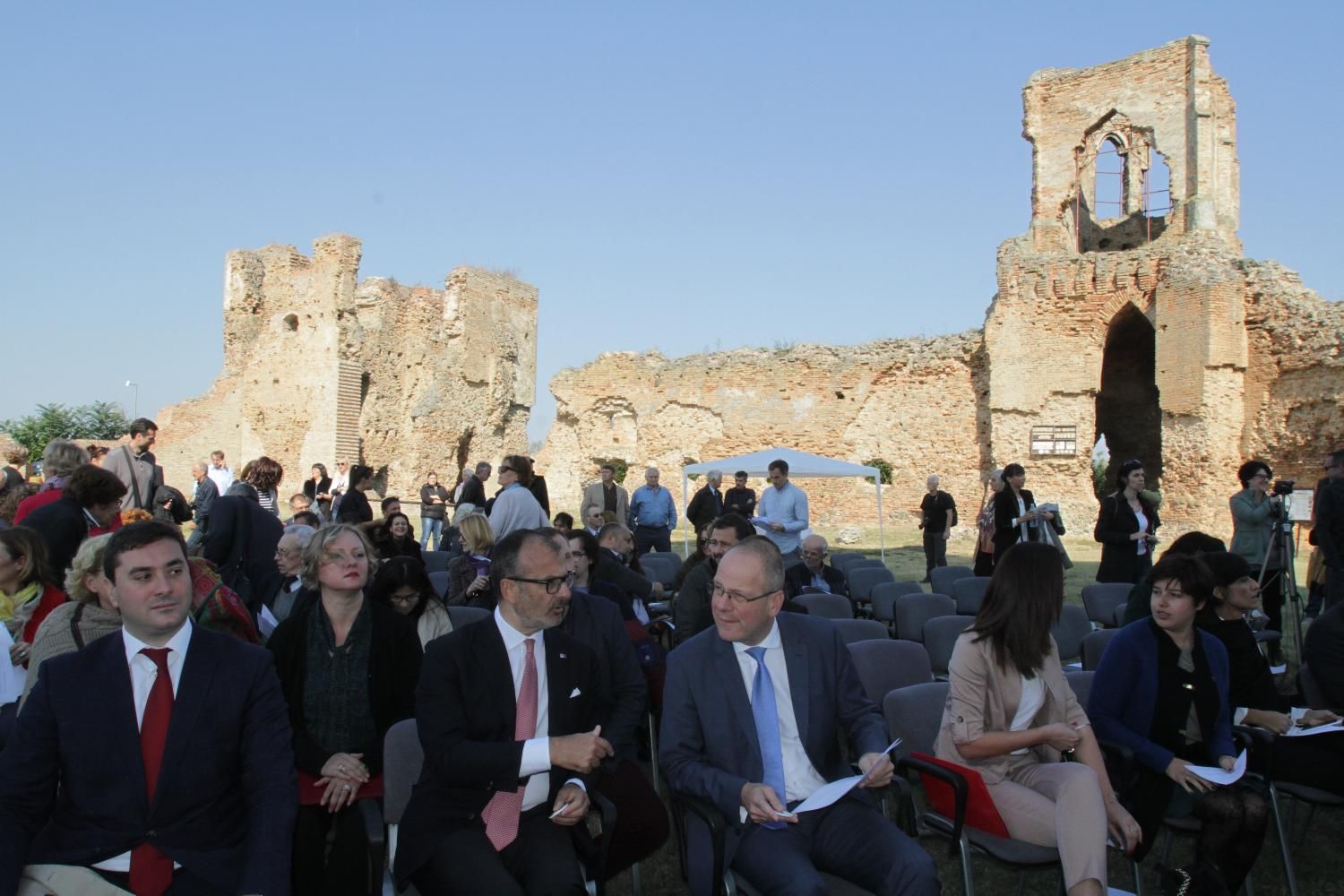
FoNet
“In Berlin, we gathered representatives of all 30 projects from around Europe which won the prestigious EU Cultural Heritage Award/Europa Nostra Award. You can imagine how proud I was to see three projects from Serbia among those 30. My heart was full when I heard Commissioner Navracsics saying that “Centuries of Bac” was among the Grand Prix laurates,” said Secretary General Sneška Quaedvlieg-Mihailović.
In cooperation with the European Union, the prestigious prize is awarded annually by Europa Nostra, an influential NGO in the area of cultural heritage protection. In addition, two other projects from the Republic of Serbia were honoured. In category Conservation, the Pavilion of Prince Miloš at the Bukovička Spa in Arandjelovac received an Award, and in category Research, the Research and Cataloguing of the State Art Collection in Belgrade was recognised.
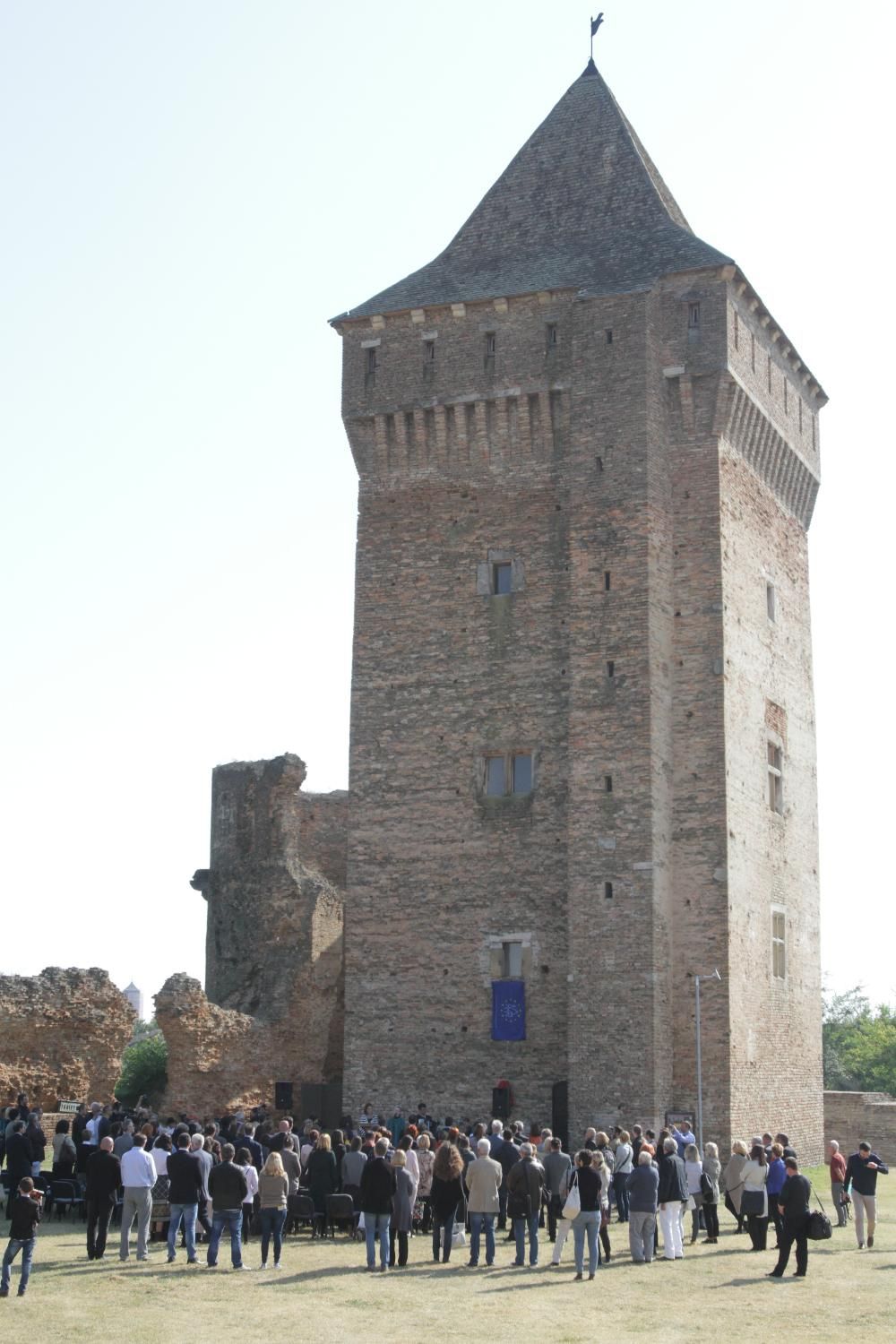
FoNet
“Bac and its centuries-old heritage are under the spotlight today, with its extraordinary natural beauty and valuable and diverse cultural heritage, both tangible and intangible. The project “Centuries of Bac,” implemented by the Provincial Institute for Protection of Cultural Monuments headed by Dr Slavica Vujovic – a genuine spiritus movens and soul of the project – is extraordinary because of its integrated holistic approach. Our international jury noted the following features of the project: interdisciplinary approach, multiculturalism and comprehensive approach to research and conservation and elaboration of a model for sustainable use of cultural heritage, education and cooperation with local communities,” Quaedvlieg-Mihailović said.
The ceremony was also attended by the Head of the EU Delegation to Serbia Sem Fabrizi, Assistant Minister of Culture in charge of international cooperation Asja Drača Muntean, the Provincial Secretary for Culture, Public Information and Relations with Religious Communities Dragana Milošević and the President of the Municipality of Bac Borislav Antonić.
The Director of the Provincial Institute for Protection of Monuments of Culture Zoran Vapa and the “Centuries of Bac” Project Coordinator Dr Slavica Vujović presented copies of the award to project partners – the Museum of Vojvodina, the Faculty of Technology and the Municipality of Bac.
The ceremony continued with a visit to the Franciscan Monastery in Bac, the reconstruction of which has been supported by the EU with nearly EUR1 million, followed by a roundtable titled “The Berlin call to action – Initiatives related to the awarded project ‘Centuries of Bac’.”

